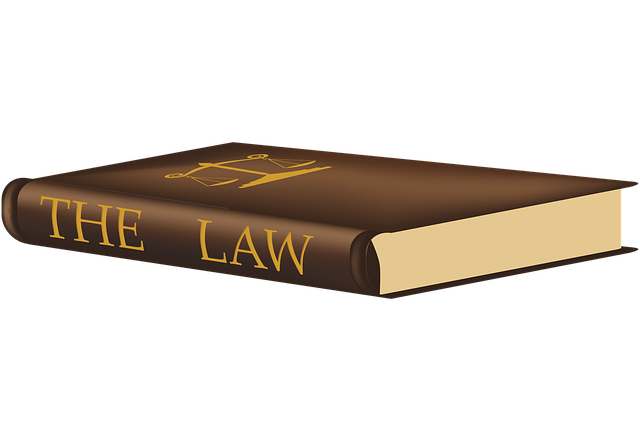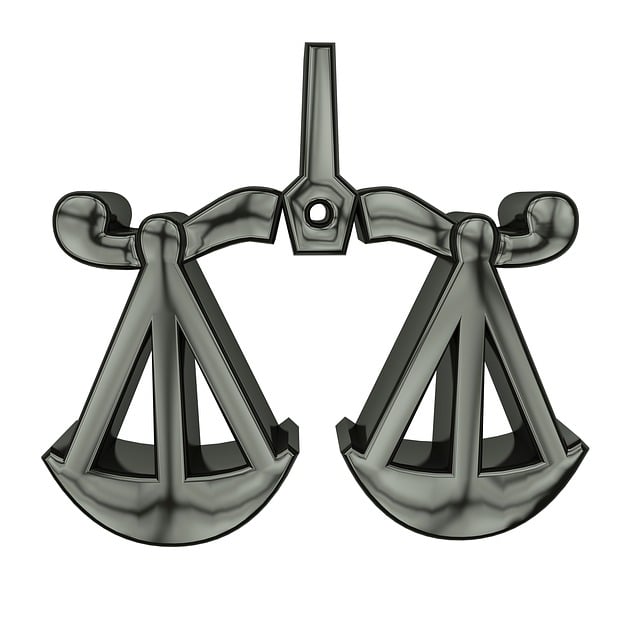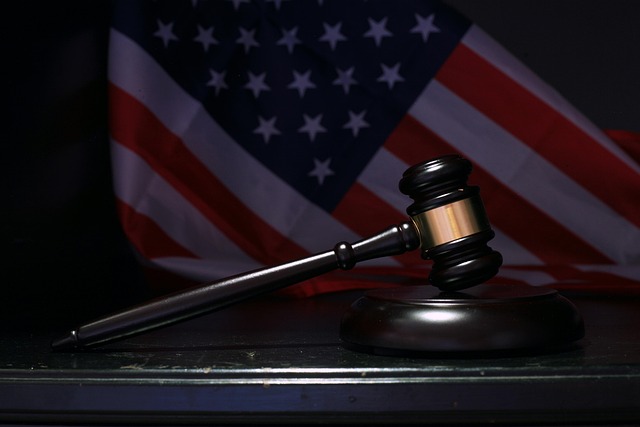Securities Class Actions are collective legal strategies where investors unite to challenge corporate misconduct violating securities laws, seeking compensation and deterring future unfair practices. These actions, governed by intricate frameworks, involve extensive discovery and potential jury trials. Legal Action for Unfair Workplace Practices, especially in cases of discrimination or white-collar crimes like fraud, require a nuanced understanding of employment rights and criminal defenses. Successful claims lead to collective redress, substantial financial recoveries, and setting legal precedents for corporate white-collar defense strategies.
“Securities class actions are powerful legal tools that hold corporations accountable for fraudulent or misleading conduct. This article explores the intricate world of these lawsuits, focusing on their role in addressing unfair workplace practices. We delve into the legal framework governing securities class actions, examining the specific grounds that trigger legal action. Additionally, we analyze the impact and process of such suits, shedding light on how they shape corporate behavior and protect investors from Unfair Workplace Practices.”
- Understanding Securities Class Actions: A Legal Framework
- Unfair Workplace Practices: Grounds for Legal Action
- The Impact and Process of Securities Class Action Suits
Understanding Securities Class Actions: A Legal Framework
Securities Class Actions involve a collective legal strategy where investors join forces to challenge alleged misconduct by corporations or individuals in violation of securities laws. This powerful tool is designed to protect the interests of numerous affected shareholders, often leading to high-stakes cases that can have far-reaching implications for both defendants and the broader financial markets.
The framework governing these actions is intricate, with specific rules dictating who can bring a suit, when it can be filed, and how it progresses through the legal system. Typically, securities class actions are initiated in federal court, where complex issues of law and fact are carefully scrutinized. The process often includes extensive discovery, expert testimony, and, in some cases, jury trials that can determine substantial monetary damages for wronged investors. These high-stakes cases not only seek compensation but also serve as a deterrent to future unfair workplace practices and corporate misconduct within the respective business sectors.
Unfair Workplace Practices: Grounds for Legal Action
Unfair workplace practices can provide strong grounds for legal action, especially when they violate employment laws and regulations. These include discrimination based on race, gender, age, or disability, as well as retaliation against employees who report wrongdoing or participate in class actions. Employees facing such situations may have legitimate reasons to file a legal action for unfair workplace practices, seeking redress and compensation for harm suffered.
In the context of white collar and economic crimes, legal action can target complex schemes like fraud, embezzlement, and corruption. A robust white collar defense strategy may aim for the complete dismissal of all charges by challenging the evidence, investigating procedural irregularities, or exploiting loopholes in applicable laws. However, successful claims often require a thorough understanding of the specific circumstances and adherence to legal precedents governing employment rights and criminal defenses.
The Impact and Process of Securities Class Action Suits
Securities Class Action suits have a profound impact on both corporations and investors. When a company engages in unfair workplace practices, such as securities fraud or misrepresentation, it can lead to widespread harm. These legal actions aggregate individual claims into a single case, allowing for collective redress and potentially substantial financial recoveries. This process not only compensates affected parties but also serves as a powerful deterrent against future misconduct by holding perpetrators accountable.
The mechanism behind these suits is intricate. Investors who believe they’ve been wronged band together, forming a class. A lead plaintiff or attorney then initiates a lawsuit on their behalf, alleging violations of securities laws. This can result in significant settlements or verdicts, with the proceeds distributed among affected individuals. Moreover, successful outcomes often establish precedents for similar cases, influencing white-collar defense strategies and ensuring that corporations adhere to ethical business practices in the respective industry.
Securities class actions play a vital role in holding companies accountable for unfair workplace practices, ensuring justice for affected employees. By understanding the legal framework and grounds for action, individuals can navigate the impact and process of these suits effectively. This empowers them to take a stand against misconduct and potentially secure significant remedies. When it comes to addressing unjust treatment in the workplace, securities class actions serve as a powerful tool within the broader legal landscape.






